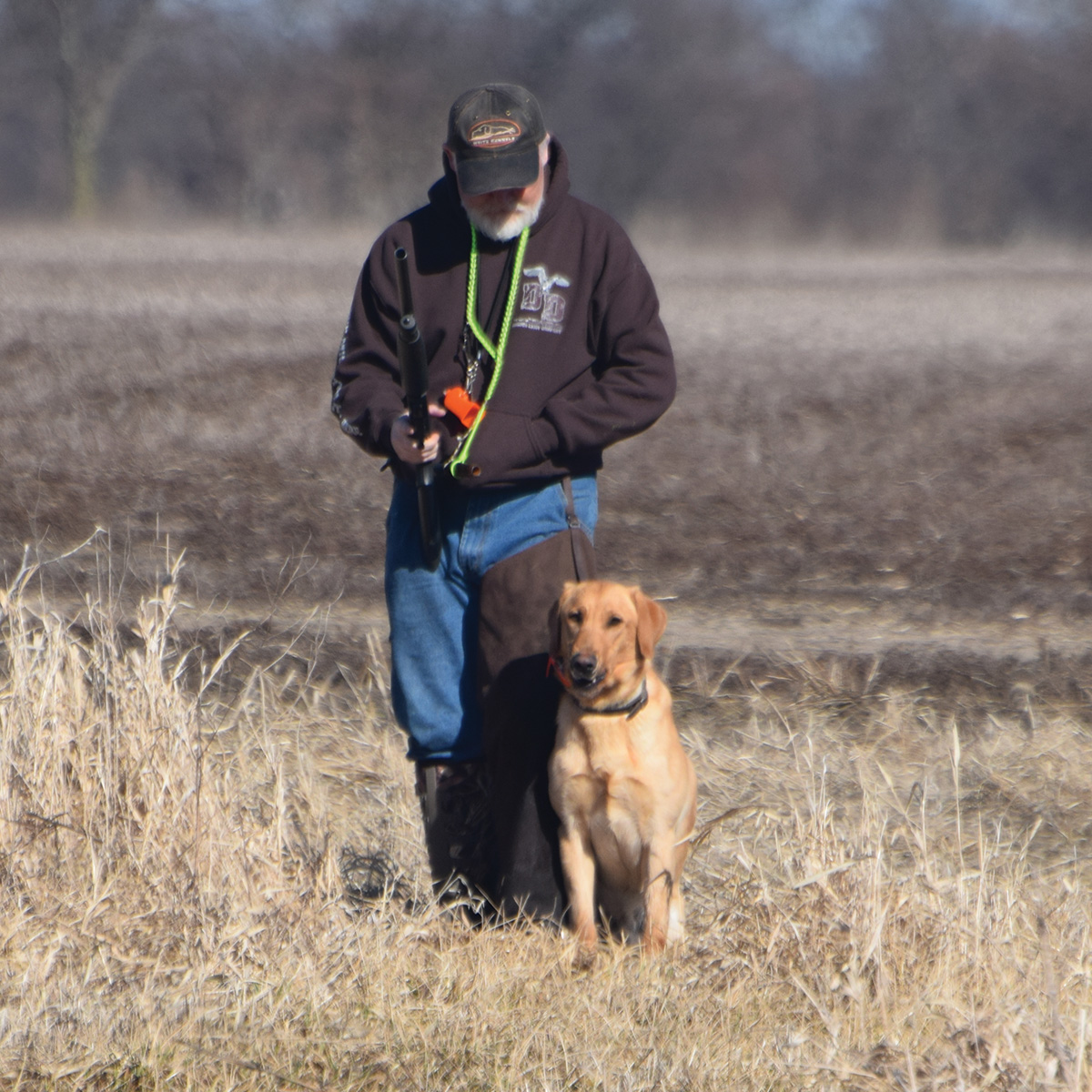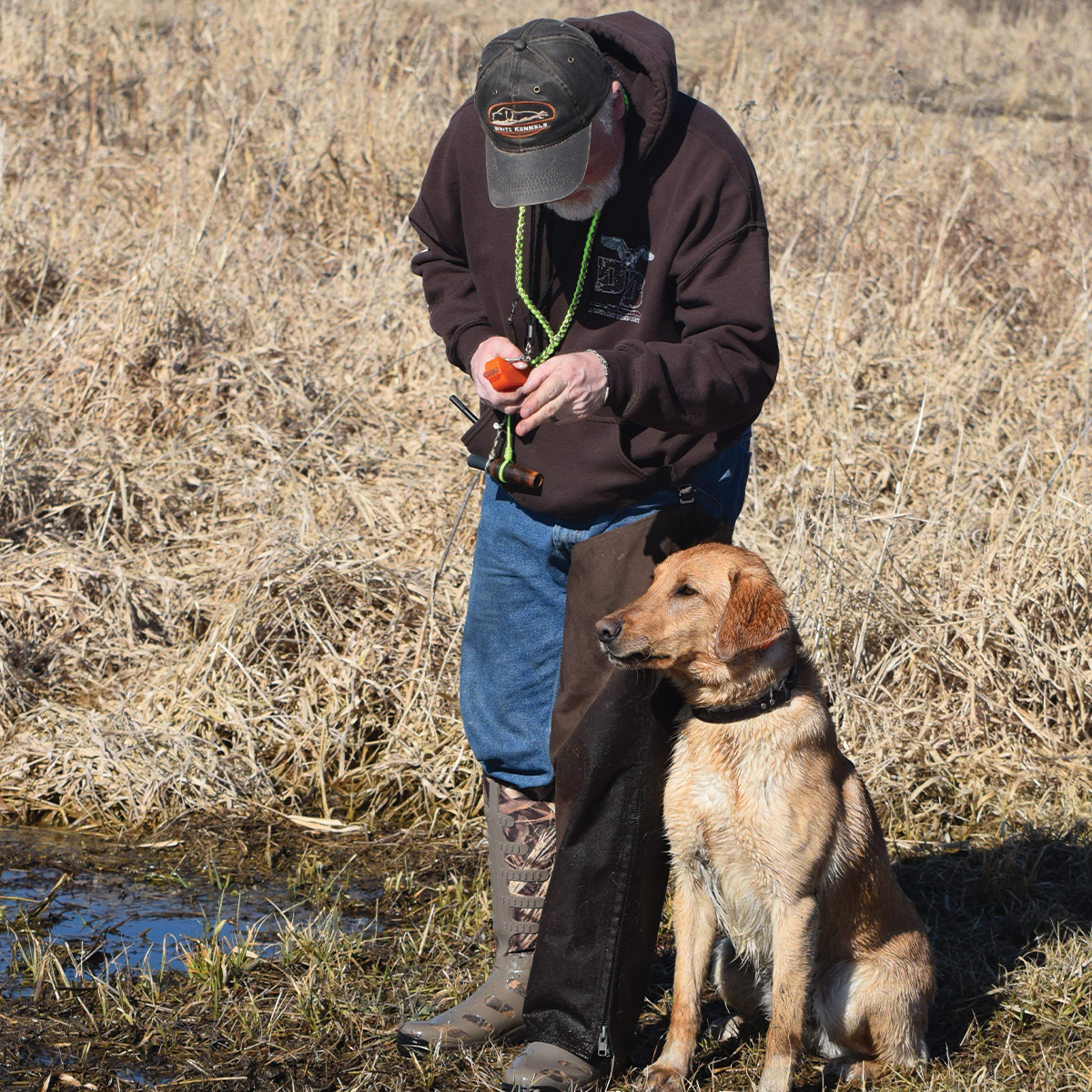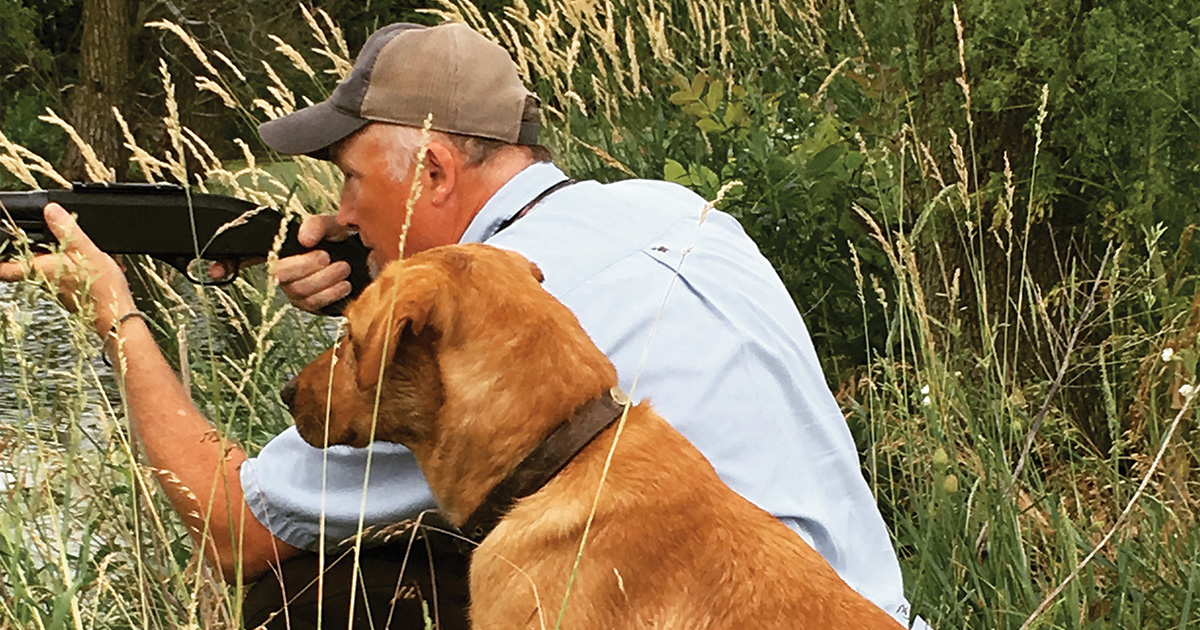Meet the Trainers: Q&A with Veteran Dog Trainer Christopher Writt
Elevate your retriever training skills with insights from Christopher Writt of Writz Kennels, First Flight Gun Dogs
Elevate your retriever training skills with insights from Christopher Writt of Writz Kennels, First Flight Gun Dogs


Meet veteran retriever trainer Christopher Writt of Writz Kennels, First Flight Gun Dogs.
Location: North Judson, Indiana
How long have you been a trainer? 32 years
Socialization and conditioning, how to be a good citizen in a family environment is the best start. In that amount of time an average pup could be to the seasoned level in an experienced trainer’s hands but with an owner handler if all they know is how to be obedient and do what we love to do, whether it’s retrieving waterfowl or pushing a cover field for upland birds and doing it under a controlled manner that is more than we could hope for.
Making them do what you want instead of showing them what you want and maintaining their trust.
Names are not really important. I like to stay away from anything that could trigger a false command. I had a client name the dog “Bit” for little while. So, did the handler say, Bit or Sit?

Every dog is different but for most owners, how, and in what manner we condition to the gun is very important. We do not want them to just tolerate gun fire, we want them to know what it means. And when it means birds, it will never bother a driven pup, also the blast and how to keep it as far away from the pup as possible when hunting. Setting the pup just behind our shoulder opposite the gun is what we like.
Continued marks and teaching patience, show them that every bird is not for them. All of this is key and starts in the foundational training.
Again, all dogs are different, but I use patience in the handling and training of a young pup. If a pup is high level I slow down, if they are laid back, I keep them busy by speeding up the training. When focused on the task they tend to forget the anxiety. Also, a clear visual can often stop that. When a dog cannot see what they are doing they get nervous. You noticed I didn’t say how to correct this. If it’s out of control, there is a reason. Corrections will not improve it, calming them will. This needs to be addressed early on if not sometimes you just need to let the dog be a dog.
Often, we focus on the cool parts of the day. Morning and evening. The misconception is that dogs need water to drink when hot. Although it doesn’t hurt, they really need their core temperature brought down. If I am not near water, I keep an iced-down gallon of water in the trailer for emergencies. The key is to always read your dog and do not let them reach a state of heavy panting. I use short drills on land and lesson the distance to marks etc. I will
Run a dog three short times instead of trying to run extended setups. To cool a dog’s core temperature, I wet the front legs and under body first.

Healthy, vaccinated, obedient, introduced to birds “more than once” live and dead, conditioned to the gun, collar conditioned, and trained to recall. It’s always best to give the pup all the tools to do it right the first time, as not to introduce more issues going forward. We don’t hunt a pup that is not through the basic foundational training. Even when owner trained.
1.This is simple. Too much freedom without control. (Basic Foundational Training)
2. Being vocal. (Teach them to be calm to calls, guns etc.)
As many experiences as possible. You do not need to kill a limit to have a successful hunt. Giving them good retrieves, showing them how we do it correctly. If I could give my pups retrieves and never pull the trigger, well, that would be just fine.
Ducks Unlimited uses cookies to enhance your browsing experience, optimize site functionality, analyze traffic, and deliver personalized advertising through third parties. By continuing to use this site, you agree to our use of cookies. View Privacy Policy